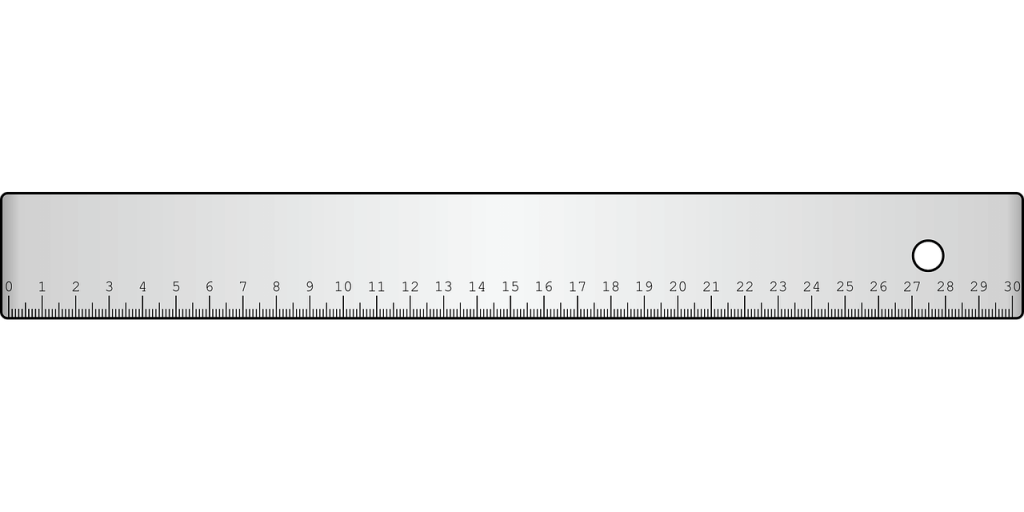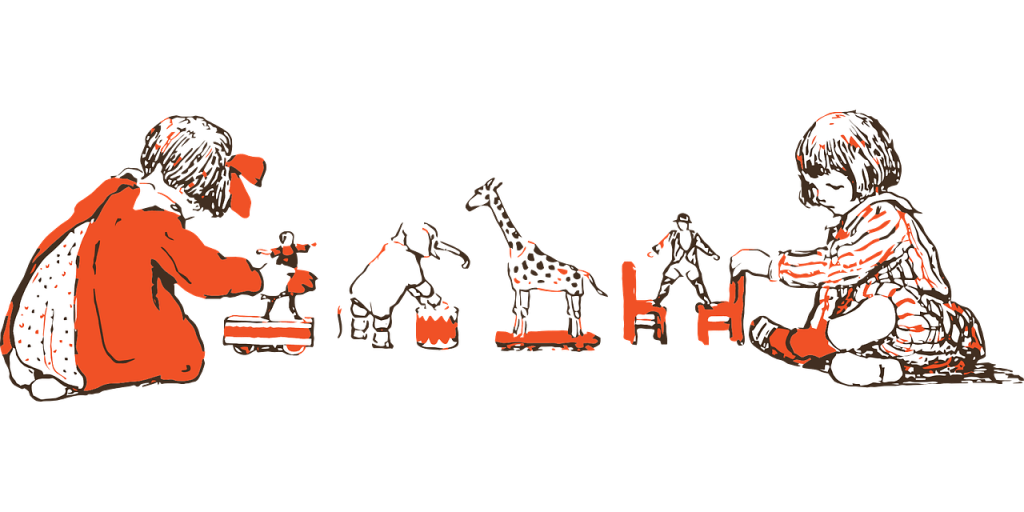How to Make Mathematics Interesting for Kids?

Stress, Time Management, Anxiety, Strategy Selection are the right words to use while your child is doing mathematics. But, the word “Mathematics” brings a bit of a tremor down the kids spine sometimes. It’s tough to hold a grasp of all the concepts but only if it doesn’t come across as interesting for the kids.
Coming from the country who invented Zero, we all know the importance of mathematics and the significant role it plays in every aspect of our lives. Not only from the business perspective but numbers actually make up the details of everything around us.
Hence, getting future generations interested in Mathematics is not just important but crucial to the country’s future. Sometimes the numbers intrigue a child’s interest itself but sometimes absorbing the formulas is just too much.
It’s a known notion that a child learns something much better and quickly if he is interested in the subject matter. So, how do you develop an interest in the confusing numbers in a child’s brain?
The reason kids feel the subject to not be that interesting is because of the astounding complications and complex problem solving that it demands. And hence, these are the major pain points that we shall focus on for making it interesting.
Diving in deeply, the complex problems are just scratch of the whole story, the approach towards solving the problems is where the key lies. If you make the process of solving mathematical problems interesting, you can successfully advance kids to sprung on playing with the numbers.
There are certain methods that not only make numbers interesting but make them easy to work with altogether.
Mental mathematics is a technique that helps kids learn calculations without the help of paper and pencil. It basically involves making the kids understand how numbers add up make sense. Hence, making kids understand numbers from the beginning. Mental maths nowadays have become very popular to relieve math anxiety in a child.
Mental Math is taught using tools that date back to the Vedic era of mathematics. Abacus a tool that is most preferred and efficient. It is a rectangular frame with beads in it used to calculate. Abacus training is becoming relevant everyday which helps kids solve complex calculations and bring up their level of confidence and concentration level. Once a kid is fluent with using an abacus for calculation then with special arithmetic training the kids can be taught to imagine an abacus in front of them rather than actually using it. This kind of mathematic training not only excites kids to learn maths but the start to understand the core concepts of it with experiences and it’s proven to be the most successful math learning technique.
Mental Mathematics is considered to be the best-suited medium for brain development as it is an age-old technique and is accepted widely across the world and is actively used in more than 30 countries. This technique enhances imagination, listening skills, logic, analysis, creativity, memory, vision etc. Activating both the sides of the brain, mental math also increases the coordination between them.
Active Benefits of Mental Mathematics
- Strengthens the child’s concentration
- Boosts problem-solving skills
- Reduces mistakes and stimulates both the sides of the brain
- Increases child’s maths interest
- Raise the child’s self-confidence
- Positive outlook towards mathematics’ logic
Abacus develops the potential to handle and play with multiple digits without losing confidence. This improves concentration skills and imparts high moral values through focused learning. As maths is logical, one of the greatest benefits is that the child will be able to understand mathematical concepts instead of just mugging up the steps.
Let’s say for example
9X2=18 → 1+8=9
9X4=36 → 3+6=9
9X11=99 → 9+9=18 → 1+8=9
9X123= 1107 → 1+1+0+7=9
Multiplying any number by 9 will always have a product that the digits when added together have the sum of 9. One of the greatest benefits is that it will improve the child’s number sense and the ability to understand the relationship between these numbers.
Inculcate mental mathematics training in your child’s daily learning and see a phenomenal change in his concentration and confidence level.





Responses